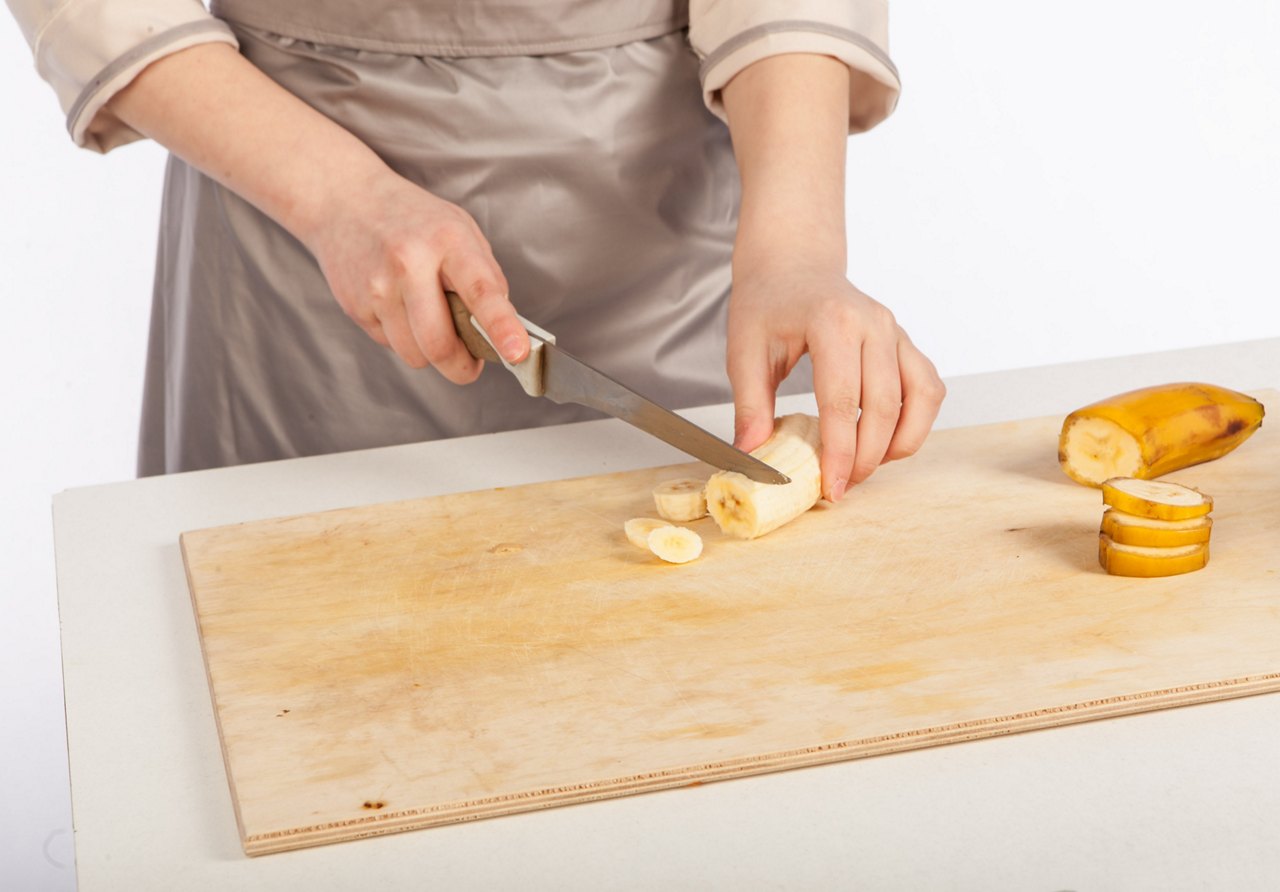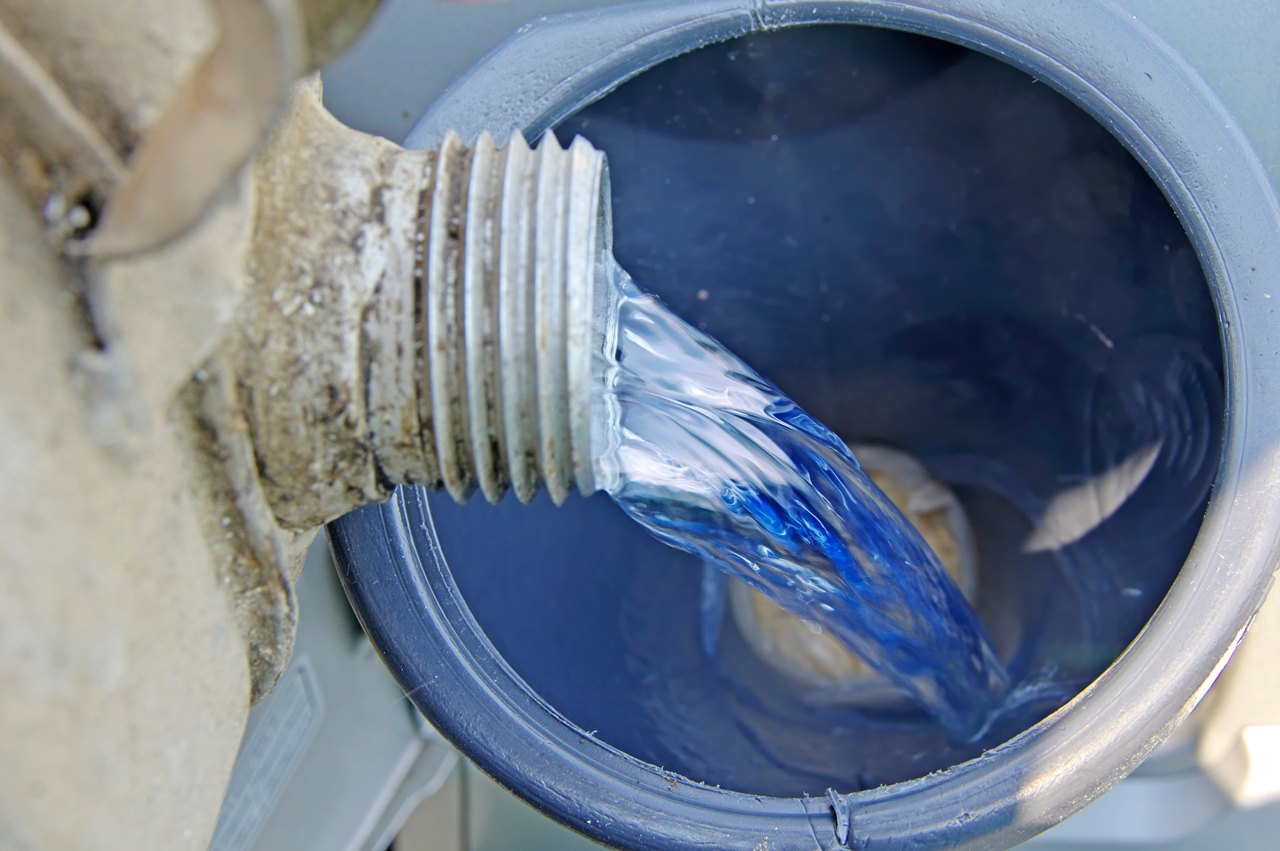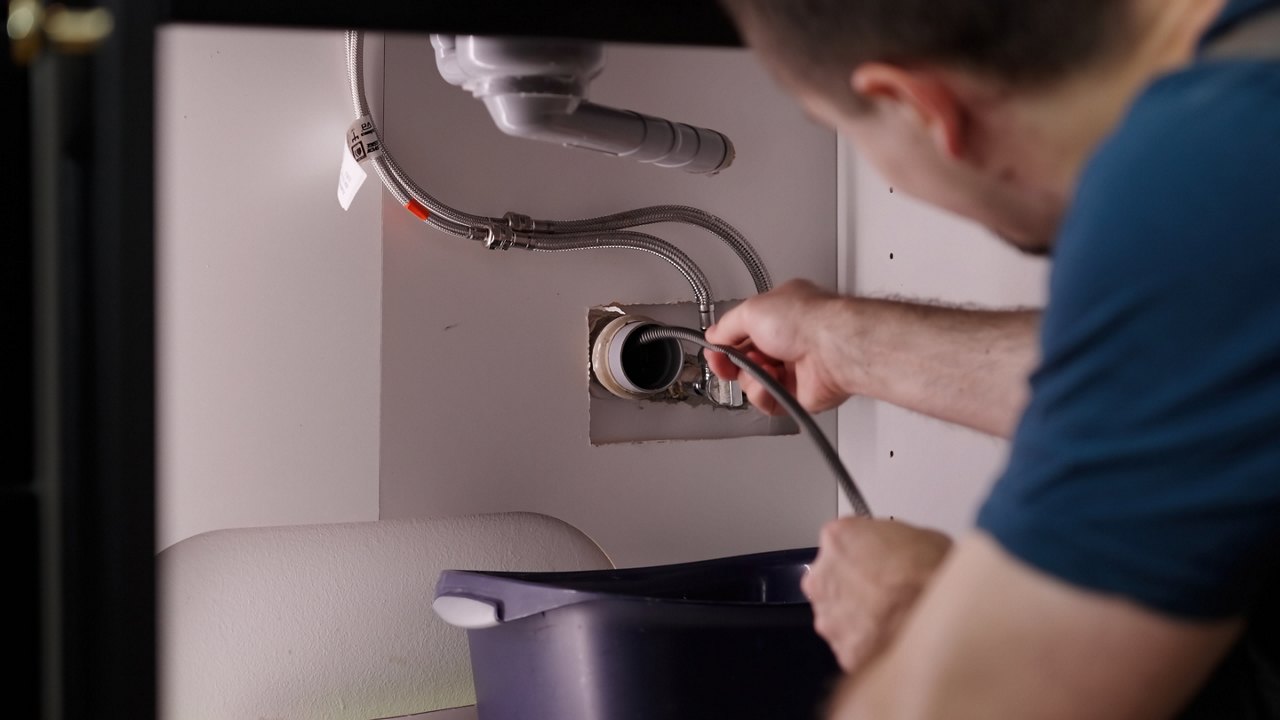Maintaining Your Appliances: 8 Things to Never Put in Your Apartment’s Garbage Disposal
Garbage disposals are one of the most overlooked yet heavily relied-on appliances in apartment living. They’re quick and great at removing food waste, especially in smaller kitchens. But despite their convenience, garbage disposals aren’t invincible. Misusing them can lead to clogged drains, broken blades, jammed motors, and emergency maintenance calls.
If you’re renting, knowing what not to toss down your kitchen sink can save you time, money, and frustration. Here are eight common household items that should never go into your apartment’s garbage disposal, and how to dispose of them instead.
What Not to Put Down Your Garbage Disposal
1. Fibrous Fruits and Vegetables
Stringy foods like banana peels, celery, asparagus, corn husks, and potato skins can wrap around the blades and jam the motor.
What to do instead: Start a compost bin. These fibrous scraps break down well and create nutrient-rich soil for houseplants or community gardens.
2. Coffee Grounds
Coffee grounds may seem harmless, but they clump together and form a thick, sludgy paste that can clog your drain over time.
What to do instead: Toss used grounds in the trash or compost bin. You can also repurpose them in DIY exfoliating scrubs or as a natural deodorizer for your fridge. Small amounts of coffee grounds can be mixed in with dirt to act as a fertilizer for your plants.
3. Eggshells
Eggshells break into fine, sharp pieces that cling to disposal components and pipe walls. Plus, the sticky membrane can tangle grinders.
What to do instead: Add eggshells to your compost pile or garden. They’re rich in calcium and act as a natural fertilizer. Or, simply dispose of them in the trash.
4. Pasta, Rice, and Oatmeal
These foods expand significantly when exposed to water. Once inside your disposal, they can swell, clump together, and block your pipes.
What to do instead: Let leftovers cool and scrape them into the trash. Better yet, store extras for later.
5. Grease, Fats, and Oils
Although they pour in as liquids, cooking oils solidify as they cool, coating your pipes and blades with thick buildup.
What to do instead: Pour cooled oils into a sealable container and dispose of them in the trash. Reuse fats like bacon grease for cooking if you’d like—just store them in the fridge.
6. Fruit Pits and Hard Seeds
Items like avocado pits, peach stones, and popcorn kernels are too tough for your disposal to handle. They can break blades or jam the system.
What to do instead: Toss them in the trash or compost bin. A good rule of thumb: if you can’t chop it with a knife, your disposal can’t grind it either.
7. Bones and Seafood Shells
Even small bones or shrimp shells can dull your blades and strain the motor, shortening the life of your disposal.
What to do instead: Throw bones and shells in the trash or bury them in a compost pile if you have one. Don’t risk damaging your disposal over one meal’s worth of scraps.
8. Harsh Household Chemicals
Drain cleaners, bleach, and other corrosive chemicals can eat away at your disposal’s metal components and PVC piping.
What to do instead: Clean your disposal naturally by grinding up citrus peels with ice cubes. It freshens your sink and sharpens blades safely. Alternatively, you can use a mixture of vinegar and baking soda.
How to Use a Garbage Disposal Properly
According to the International Association of Certified Home Inspectors, a garbage disposal lasts about 12 years with proper maintenance and usage. Here are some guidelines on how to use your garbage disposal to help you extend the life of your appliance.
- Make sure the drain is free of any utensils. Non-food items like utensils, glass, or paper can damage the unit. Remove any food waste that should not go down your garbage disposal.
- Run cold water before, during, and after use. Cold water will help solidify any oils and fats that have made it into your drain, making them easier to grind up and flush away. Cold water also helps prevent overheating of your unit. Avoid using hot water when running your disposal.
- Turn on the disposal before adding food waste when possible. In the case that your drain is clogged, it's okay to run the disposal when food waste is already in your drain.
- Only feed small amounts of soft food scraps into the disposal at a time, while continuously running cold water.
- You'll hear a change in the sound when the grinding has stopped. Let the disposal run for about 5-10 seconds after the grinding stops to ensure everything is flushed through.
Tip: Use a drain catcher to prevent utensils and unintended food scraps from accidentally falling into your drain.
How To Maintain Your Garbage Disposal
To maintain your garbage disposal, implement a regular cleaning schedule dependent on your usage.
|
Garbage Disposal Usage |
How Often To Clean Disposal |
|
Daily Use |
Once a week or every two weeks |
|
Weekly Use |
Every two to four weeks |
|
Infrequent Use |
Once a month |
If your garbage disposal is emitting foul odors, isn't working properly, or is making strange noises, you may need to clean your disposal more frequently
There are a few ways to clean a garbage disposal. Try these out to determine what works for you:
- Ice cubes and citrus peels. Place about two cups of ice cubes into the garbage disposal. Optionally, add citrus peels and salt. Turn on the cold water and disposal and let it run until the ice is completely crushed.
- Vinegar and baking soda. Sprinkle ½ cup of baking soda in your drain and follow with 1 cup of white vinegar. Let sit for 5-10 minutes. Flush with cold water while running the disposal.
- Garbage disposal cleaners. Use store bought cleaners for ease.
Note: Avoid harsh chemicals, as these can damage the disposal's components and your pipes.
Keep It Clean, Minimize Maintenance Calls
While garbage disposals are built for convenience, they’re not garbage cans. By being selective about what goes down the drain, you’ll not only protect your appliance but also support a healthier home and environment. Composting, proper food waste disposal, and natural cleaning alternatives can all contribute to a more sustainable lifestyle and fewer maintenance calls.
For issues with your Greystar apartment appliances, reach out to your property's maintenance team.
The information presented on or through this Website is made available solely for general information purposes. We do not warrant the accuracy, completeness, or usefulness of this information. Any reliance you place on such information is strictly at your own risk. We disclaim all liability and responsibility arising from any reliance placed on such materials by you or any other visitor to this Website, or by anyone who may be informed of any of its contents. Any reference to amenities, services, rules, policies, or procedures at a Greystar apartment community is general in nature, and each Greystar apartment community may have amenities, services, rules, policies, and procedures that differ from those referenced on this Website. Please consult with your Greystar apartment community for the exact amenities, services, rules, policies, or procedures applicable.
This Website may include content provided by third parties, including materials provided by other users, bloggers, and third-party licensors, syndicators, aggregators, and/or reporting services. All statements and/or opinions expressed in these materials, and all articles and responses to questions and other content, other than the content provided by Greystar, are solely the opinions and the responsibility of the person or entity providing those materials. These materials do not necessarily reflect the opinion of Greystar. We are not responsible, or liable to you or any third party, for the content or accuracy of any materials provided by any third parties. The information contained within does not relate to Greystar Investment Group, LLC’s investment advisory business.






